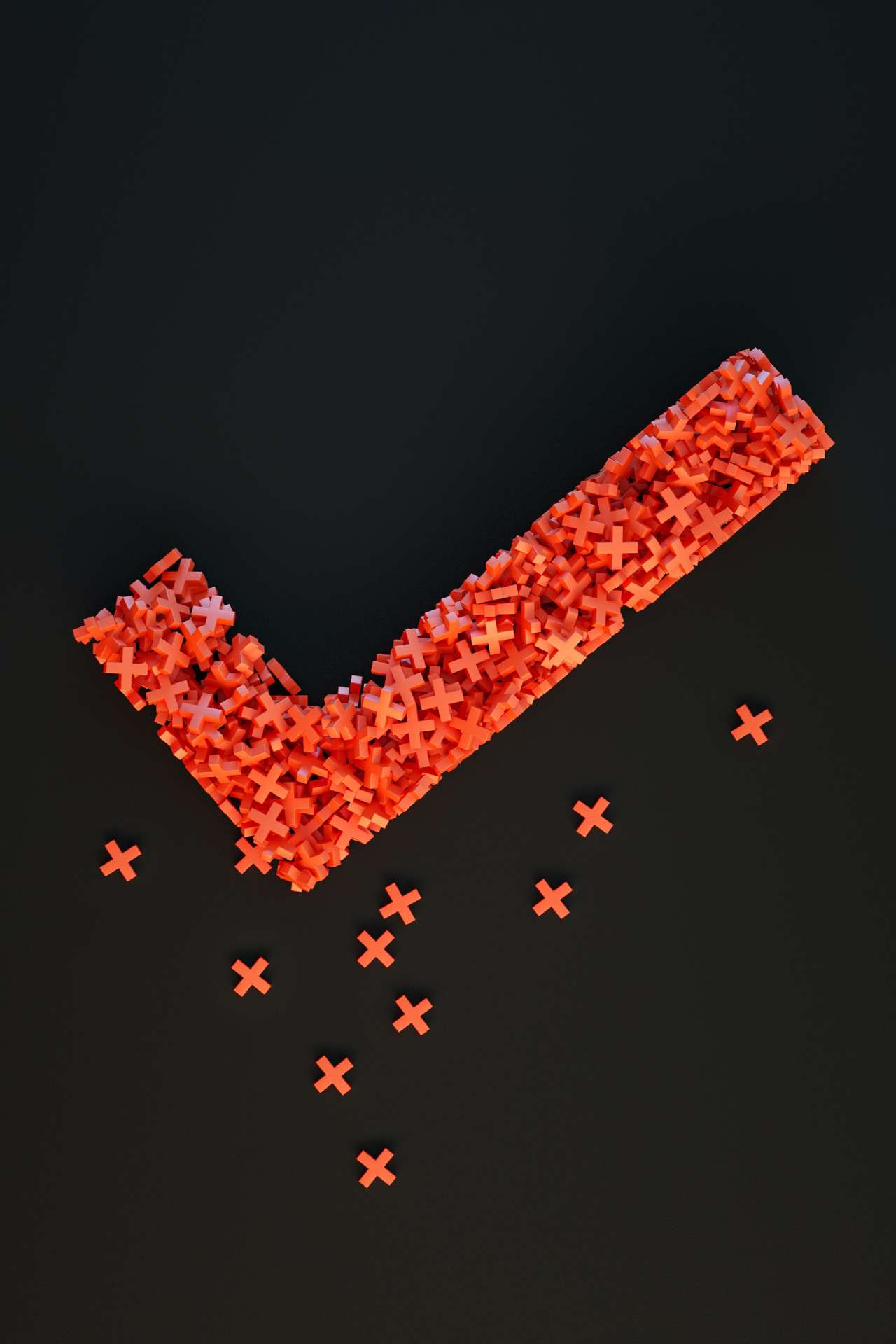It is basically an honest exercise in understanding that sometimes we certainly get it wrong, but at the same time it’s not the end of anything, but a possible beginning. It is an opportunity to keep improving.
How to restore credibility after a negative assessment
Thus, the authors show us, with a somewhat radical but representative example, that there’s always the possibility of correcting and restoring lost credibility. When we receive negative evaluations in the future (sometimes justified, sometimes unjustified), the research invites us to take the following considerations into account:
- Examine what’s potentially true in the negative assessment and work to improve it (personalisation).
- Understand the external factors that may have contributed to the negative evaluation received (depersonalisation).
- Do not think that the negative evaluation is directed at us as a person, but at the task, service or action being evaluated.
- If possible, discuss with the evaluator to establish possible steps for improvement.
- Contrast the negative evaluation with others who also have the capacity to evaluate the task, service or action being evaluated.
- Avoid answering impetuously when receiving a negative evaluation.
- Share the feeling and perception generated by the negative evaluation with someone.
In a society that is prone to constant assessment, it’s essential to be prepared to accept and, at the same time, take advantage of any negative evaluations we may receive.
References:
Walsh, I. J., Pazzaglia, F., Lyle, M. C., & Sonpar, K. (2023). Professional credibility under attack: Responses to negative social evaluations in newly contested professions. human relations, 76(5), 746-775.
https://people.acciona.com/es/desarrollo-profesional/perfeccionista-trabajo/

